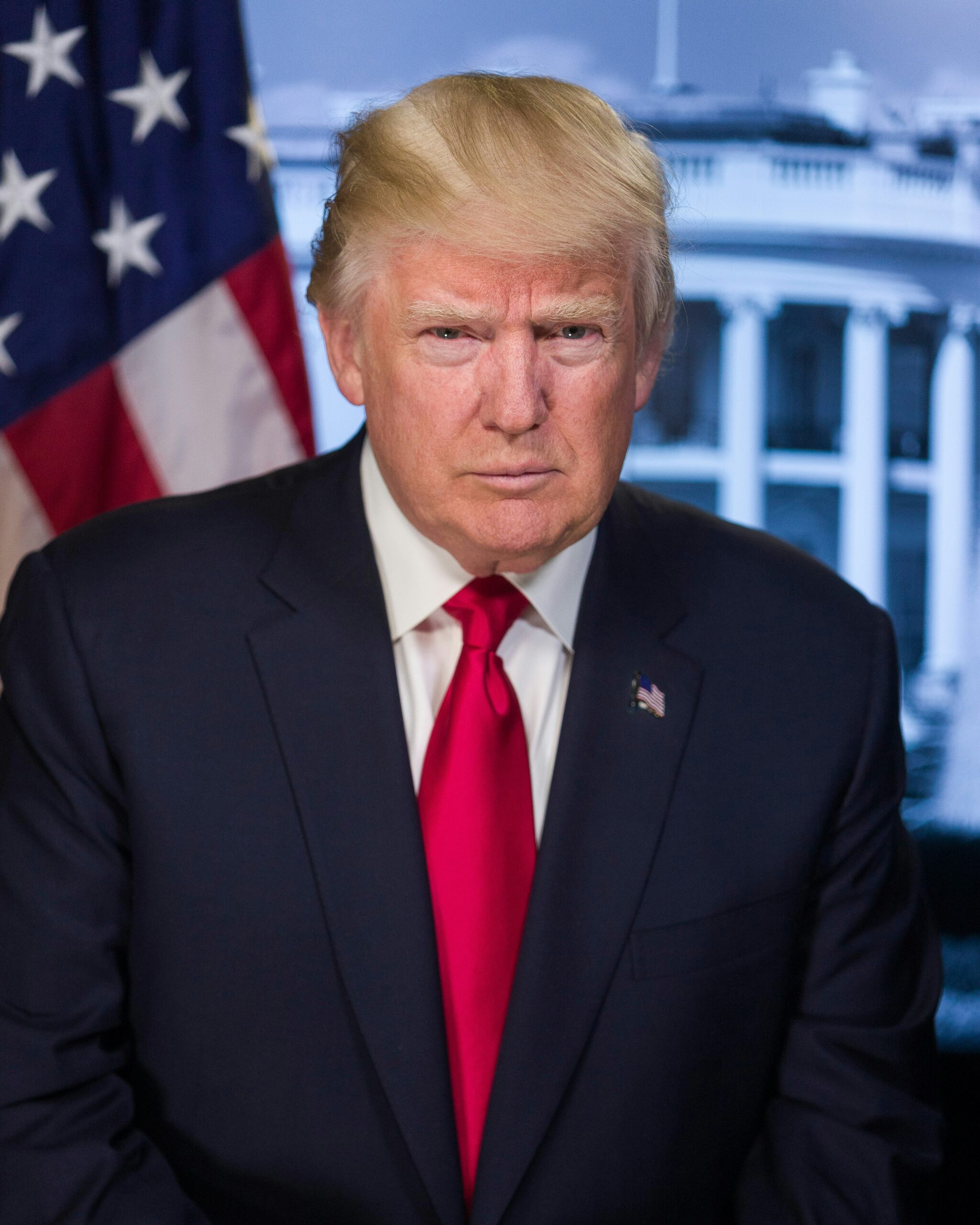The Historic Criminal Trial Against Former President Donald Trump
The highly anticipated criminal trial against former President Donald Trump is currently underway in New York. This trial is historic, as no former US president has ever faced criminal prosecution. Trump is being tried in Manhattan for his alleged involvement in a hush money scheme to silence his alleged mistresses before the 2016 election. He has pleaded not guilty and vehemently denied the affairs.
What Has Happened in Court So Far
Judge Juan Merchan, presiding over the case, has made several important rulings regarding the evidence that will be allowed during the trial. He has decided to admit a series of National Enquirer stories attacking Trump’s opponents as evidence. Additionally, testimony from Karen McDougal, a model and actress who claims to have had an affair with Trump in 2006, will be allowed. However, the judge has stated that it is not necessary for the jury to hear that Trump continued the affair while his wife, Melania Trump, was pregnant and after she gave birth. Trump has consistently denied the affair.
Judge Merchan has also allowed the testimony of former Trump lawyer Michael Cohen’s guilty plea to campaign finance violations, as long as the proper foundation is provided. However, the judge has made it clear that prosecutors cannot directly tie Cohen’s guilty plea to Trump.
On the other hand, there is evidence that will not be allowed in the trial. Judge Merchan has ruled that the infamous “Access Hollywood” video, in which Trump brags about groping women, should not be shown to the jurors due to its prejudicial nature. The judge has also denied prosecutors’ request to introduce allegations of sexual assault against Trump that emerged after the release of the “Access Hollywood” tape. He believes that allowing these allegations would be prejudicing Trump based on rumors. Additionally, the judge has expressed that he does not think E. Jean Carroll’s deposition, in which she accused Trump of sexual assault, should be brought into the trial as it would be “building in a trial into a trial.”
What Comes Next
The next step in the trial is jury selection, which is expected to begin soon. The court will aim to seat a panel of 12 New Yorkers as jurors, along with six alternates. Prospective jurors will undergo a vetting process through a questionnaire that may indicate their political views. They will be asked various questions, including their place of residence, news sources they rely on, whether they have attended rallies for the former president, and any affiliations they may have with groups such as the Proud Boys or the QAnon movement.
As the trial progresses, it will be interesting to see how the evidence is presented and how the jury’s composition may influence the outcome. The eyes of the nation are on this historic trial, which could have far-reaching implications for the former president and the American political landscape.

